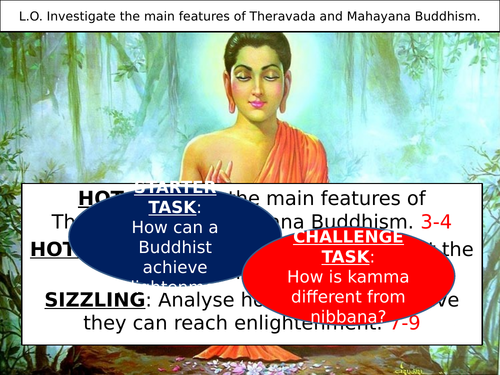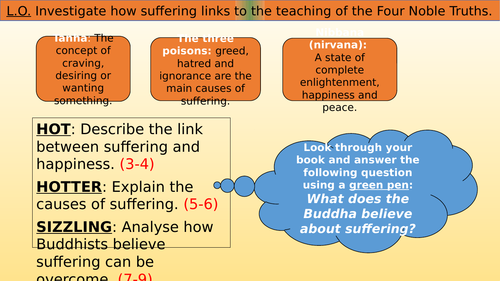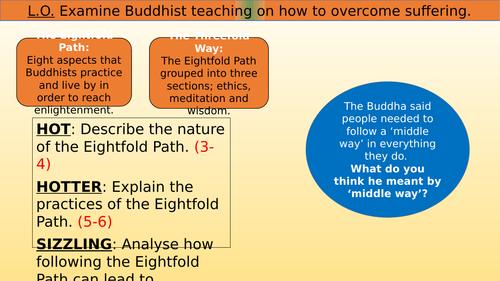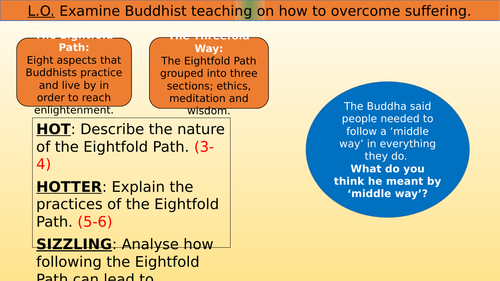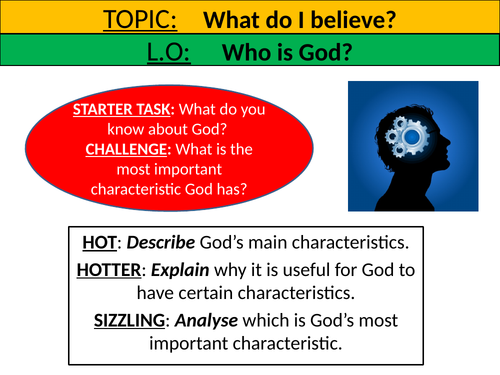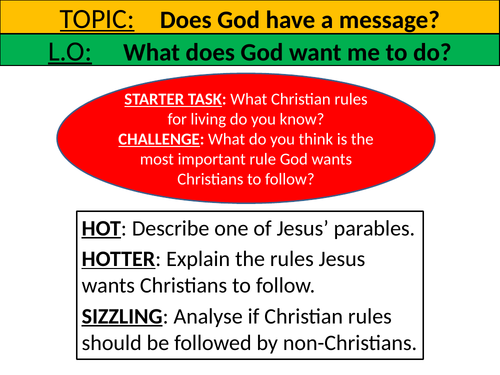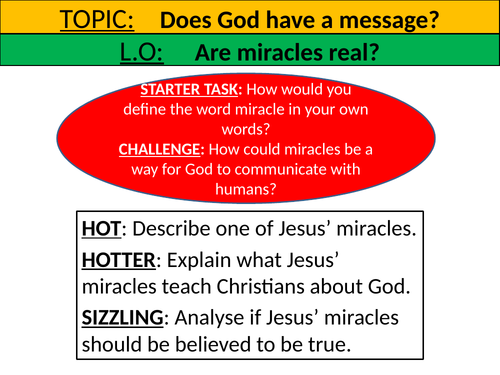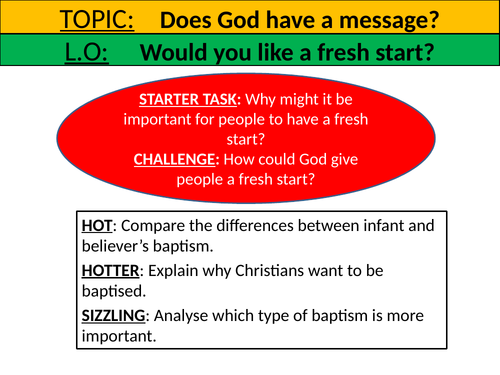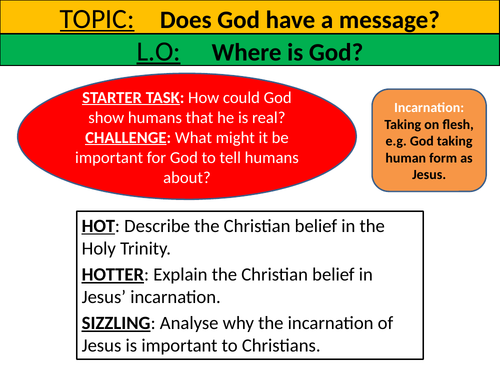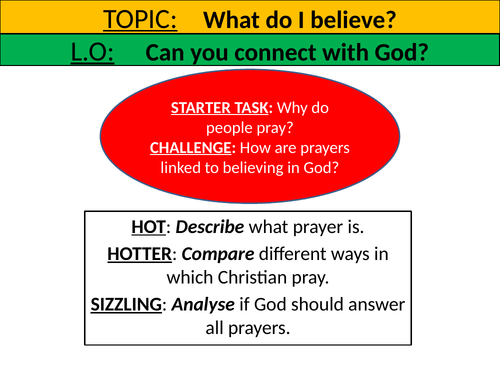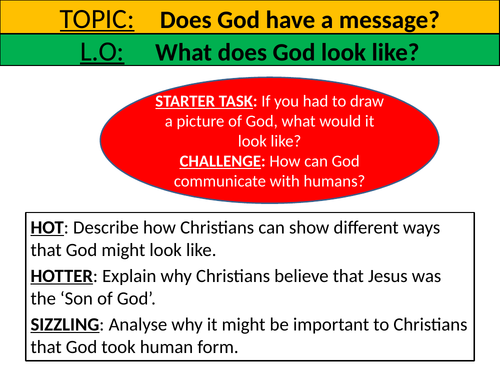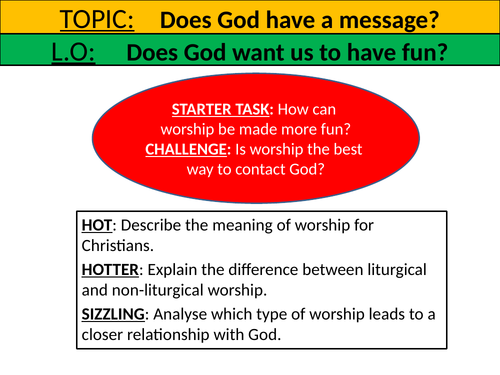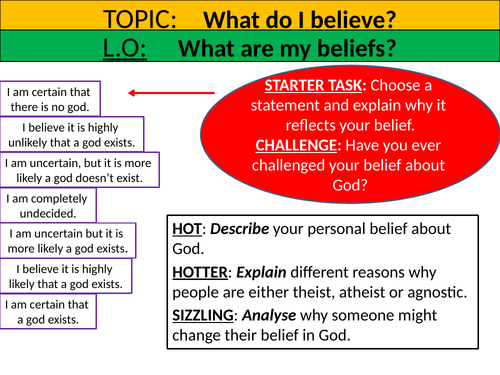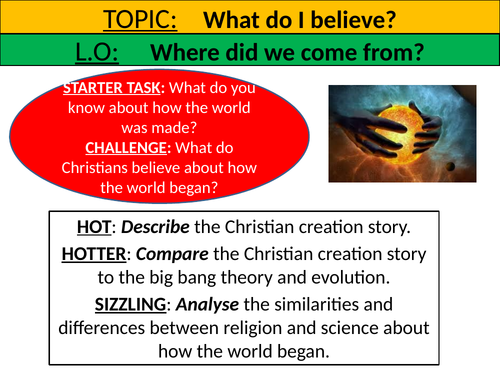The RS and P4C Specialist
I am curreny teaching across the Key Stages as the Head of Religious Studies in a comprehensive secondary school. Previously I have led a RS department in an inner-city school and also taught Humanities including experience of teaching Geography at KS3, as well as History at KS3 and KS4 and Sociology at KS5. I'm a Religious Studies and Philosophy specialist, having studied Philosophy at university and taught RS at KS3, KS4 and KS5.


